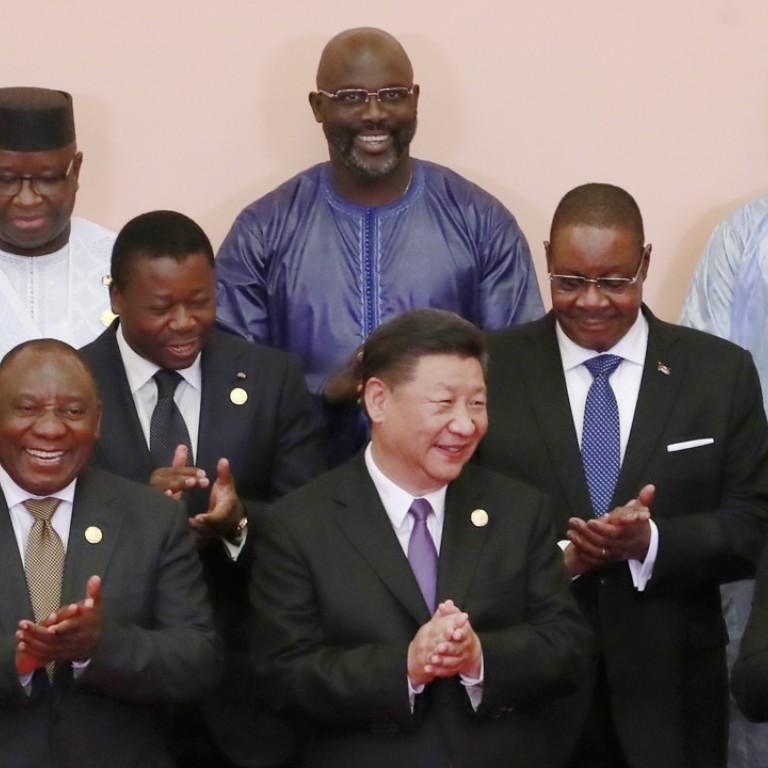
Why the billions China is pouring into Africa might not be smart money
Richard Harris says China is lending and pledging billions to Africa, to ensure its access to cheap resources and extend its influence. But Africans are wise to the situation and the Chinese might not really benefit from their investment
Ten years ago, I made a sentimental journey back to my old school in Zimbabwe. We hired a car and a driver in Victoria Falls and headed for the Chobe Game Park in Botswana.
At the border I asked the driver, in a self-conscious and faintly patronising manner, about the almost new, barely worn clothes that we had been asked to bring poor Zimbabweans. “They were all OLD!” he said, hardly hiding his disgust at our 100 per cent cotton Marks & Spencer shirts. “But they are better than the Chinese rubbish; they fall apart in the first wash!”
Africans are no longer the soft touch they once might have been. They know the cost and the value of everything and are more than able to make highly educated choices. The United States remains the biggest investor in Africa but China is catching up. The China Africa Research Initiative of Johns Hopkins University calculates that China is also a major creditor, having lent US$136 billion to Africa since 2000.
Chinese businesses are fast acquiring raw materials, farmland, and influence unencumbered by worries of corruption, waste, and environmental damage. African leaders themselves are keen on low-cost foreign investment in roads, railways and reservoirs. Foreign cash speeds up development and creates jobs.
Watch: China ploughs billions into Africa
Angola alone has been granted loans of US$42.2 billion, about half of the annual gross domestic product of the entire country. Zambia may soon have to restructure its debt, and it is a mixed blessing that the Ethiopian economic miracle is supported by US$4 billion of Chinese money.
Worse are accusations of colonialism, though they have been roundly denied by African leaders. They are right. They can see the Chinese coming, and they are in control. China just needs to avoid any sign of patronising Africans – for that is the least redeeming aspect of colonialism.
The US’ retreat from supporting many of these countries might be a poisoned chalice rather than an opportunity for China. Influence in Africa will be much harder to achieve than it was in the 19th century. At the end of the day, there must be some financial return on the outlay. Those cheap resources may well come at a much higher price than it seems.
Africans can see the Chinese coming and if they play their cards right, they could gain quite a lot from the Chinese. Money buys loyalty only as long as it is flowing. You can’t enforce debts when it’s another country. Loan contracts can secure deals but contracts cannot preserve them. The investment will have to produce more than influence; it needs financial returns for all concerned to be sustainable.
African leaders travelled to Beijing this week to get the money. In future, Chinese bankers restructuring debt may become frequent travellers the other way to get it back.
Richard Harris is a veteran investment manager, banker, writer and broadcaster and financial expert witness. www.portshelter.com

